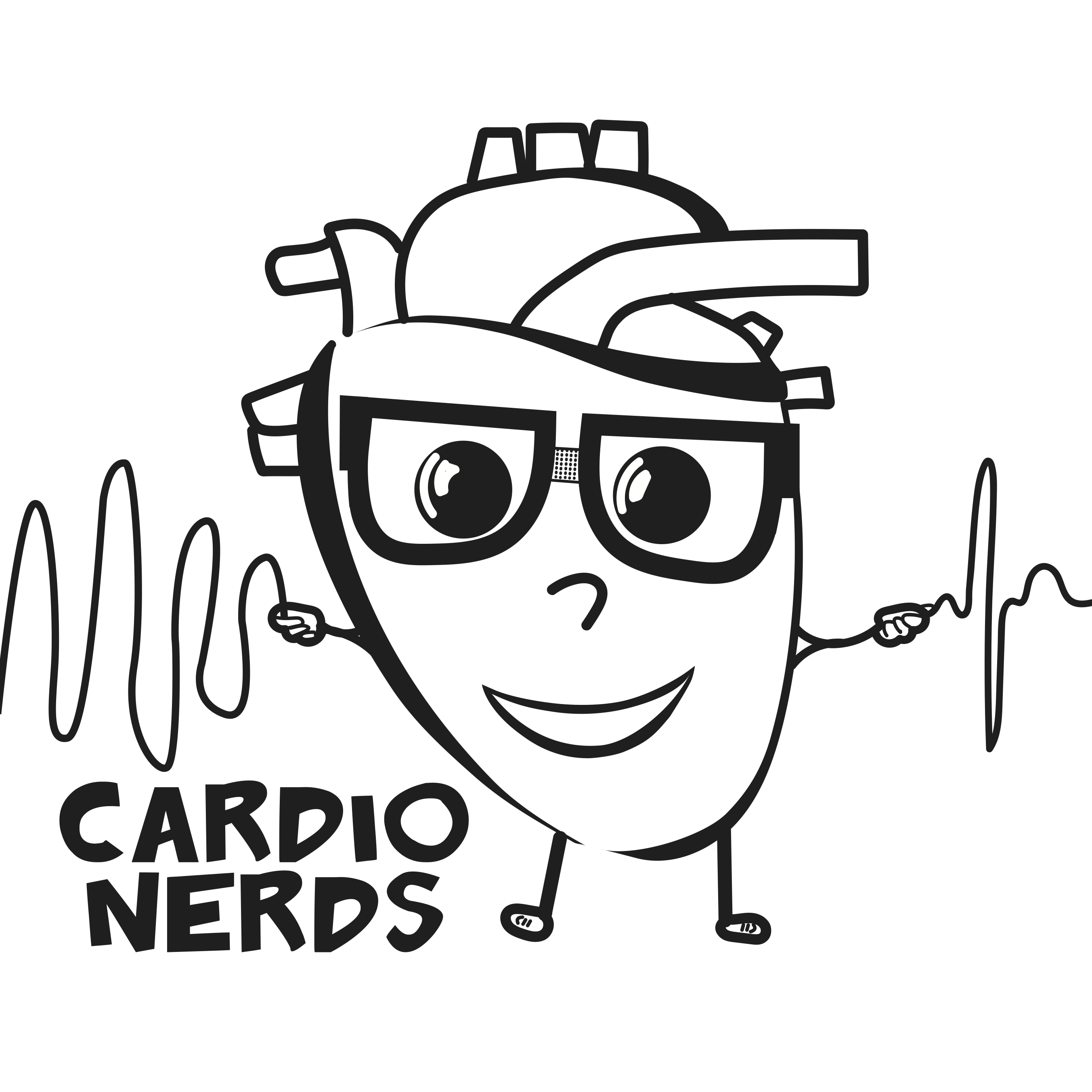307. Guidelines: 2022 AHA/ACC/HFSA Guideline for the Management of Heart Failure Question #22 with Dr. Prateeti Khazanie

The following question refers to Section 8.3 of the 2022 AHA/ACC/HFSA Guideline for the Management of Heart Failure.\nThe question is asked by Western Michigan University medical student & CardioNerds Intern\xa0Shivani Reddy, answered first by University of Southern California cardiology fellow and CardioNerds FIT Trialist\xa0Dr. Michael Francke, and then by expert faculty Dr. Prateeti Khazanie.\nDr. Khazanie is an associate professor and advanced heart failure and transplant Cardiologist at the University of Colorado. Dr. Khazanie is an author on the 2022 ACC/AHA/HFSA HF Guidelines, the 2021 HFSA Universal Definition of Heart Failure, and multiple scientific statements.\nThe\xa0Decipher the Guidelines: 2022 AHA / ACC / HFSA Guideline for The Management of Heart Failure\xa0series was developed by the CardioNerds and created in collaboration with the American Heart Association and the Heart Failure Society of America. It was created by 30 trainees spanning college through advanced fellowship under the leadership of CardioNerds Cofounders\xa0Dr. Amit Goyal\xa0and\xa0Dr. Dan Ambinder, with mentorship from\xa0Dr. Anu Lala,\xa0Dr. Robert Mentz, and\xa0Dr. Nancy Sweitzer. We thank Dr. Judy Bezanson and Dr. Elliott Antman for tremendous guidance.\nEnjoy this Circulation 2022 Paths to Discovery article to learn about the CardioNerds story, mission, and values.\t\t\n\t\t\tClinical Trials Talks\t\t\n\t\t\t\t\t\t\t\t\t\t\t\t\t\t\t\n\t\t\t\t\t\t\t\t\n\t\t\t\t\t\t\t\t\t\t\t\tQuestion #22\n\t\t\t\t\t\n\n\n\nYou are taking care of a 34-year-old man with chronic systolic heart failure from NICM with LVEF 20% s/p CRT-D. The patient was admitted 1 week prior with acute decompensated heart failure. Despite intravenous diuretics the patient developed acute kidney injury, and ultimately placed on intravenous inotropes on which he now seems dependent. He has been following up with an advanced heart failure specialist as an outpatient and has been undergoing evaluation for heart transplantation, which was subsequently completed in the hospital.\n\xa0\nHis exam is notable for an elevated JVP, a III/VI holosystolic murmur, and warm extremities with bilateral 1+ edema. His most recent TTE shows LVEF 20%, moderate MR, moderate-severe TR and estimated RVSP 34 mmHg. His most recent laboratory data shows Na 131 mmol/L, Cr 1.2 mg/dL, and lactate 1.6 mmol/L. Pulmonary artery catheter shows RA 7 mmHg, PA 36/15 mmHg, PCWP 12 mmHg, CI 2.4 L/min/m2 and SVR 1150 dynes*sec/cm5.\n\xa0\nThe patient was presented at transplant selection committee and approved for listing for orthotopic heart transplant. What is the most appropriate next step in the management of this patient?\n\n\n\n\nA\n\n\nRefer patient for transcatheter edge-to-edge repair for MR\n\n\n\n\nB\n\n\nContinue IV inotropes as a bridge-to-transplant\n\n\n\n\nC\n\n\nRefer patient for tricuspid valve replacement\n\n\n\n\nD\n\n\nInitiate 1.5L fluid restriction\n\n\n\n\n\t\t\t\t\t\t\t\t\t\t\t\t\t\t\t\n\t\t\t\t\t\t\t\t\n\t\t\t\t\t\t\t\t\t\t\t\tAnswer #22\n\t\t\t\t\t\n\n\n\nExplanation\n\n\nThe correct answer is B \u2013 continue IV inotropes as a bridge-to-transplant.\nPositive inotropic agents may improve hemodynamic status, but have not been shown to improve survival in patients with HF. These agents may help HF patients who are refractory to other therapies and are suffering consequences from end-organ-hypoperfusion.\nOur patient is admitted with worsening advanced heart failure requiring intravenous inotropic support. He has been appropriately evaluated and approved for heart transplant. He has demonstrated the requirement of continuous inotropic support to maintain perfusion. In patients such as this with advanced (stage D) HF refractory to GDMT and device therapy who are eligible for and awaiting MCS or cardiac transplantation, continuous intravenous inotropic support is reasonable as \u201cbridge therapy\u201d (Class 2a, LOE B-NR).\nContinuous IV inotropes also have a Class 2b indication (LOE B-NR) in select patients with stage D HF despite optimal GDMT and device therapy who are ineligible for either MCS or cardiac transplantation, as palliative therapy for symptom control and improvement in functio...